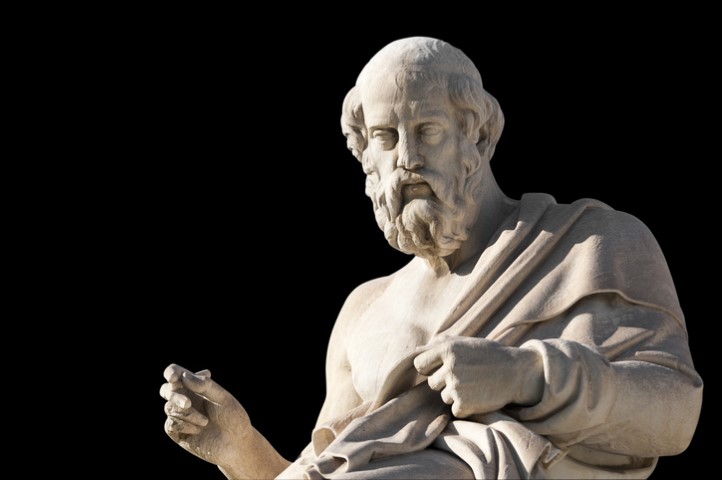
Is there such thing as free will? Either way, check out this club
By Jessica Berget, Editor-in-Chief
Philosophy is an age-old field that has always encouraged people to think critically. However, it may not be as a popular a science as it once was. To fill this philosophical void, Rod Keller created the DSU Philosophy club—and answered a few of the club’s existential properties for us.
Q. Why do you think it’s important to have a philosophy club at Douglas?
A. I don’t think it’s important to have a philosophy club at Douglas. I just wanted one because I enjoy discussing philosophy.
Q. How did the club get started?
A. I started at Douglas last summer and found that there wasn’t an active club, despite there being advertised there was one. It turns out the old one had disbanded when certain members left and it was dormant. I figured that I could start it myself. Nikki Kirigin (who has since left to go to SFU) helped me with the administrative work with the DSU. It was just filling out some forms.
Q. What generally goes on in a philosophy club meeting?
A. On an average meeting, I will write a few topics for discussion on the board. Then I’ll take suggestions from whoever shows up as alternative topics. Topics may be cliché: “What is the meaning of life?”, topical: “Should we be allowed to genetically design babies?” or tough: “What do we mean by the self?” I try my best to moderate so that quieter voices can have their chance to speak and voice their opinion without being drowned out, and I try and write key points made down on the board. To be honest, I’m never sure the best way to run it, I just want to make sure everyone is comfortable to express their views.
Q. How do you or the philosophy club deal with opinions or views that might be controversial?
A. Any philosopher worth their salt deals with “controversial” views the same way they deal with any other view, argue for or against it. Listen to the merits of the view or argue that it has none. Philosophy is the least dogmatic of all academic disciplines, everything can be discussed and questioned. The only thing I actually have a problem with is people who don’t listen to other views or treat others charitably.
Q. When did you take over and what is your vision for the philosophy club?
A. Well, it started with a Co-Presidency for the Fall Season, but I’ve always been managing the actual meetings. In this winter semester, I’m now the only person running it. I’m not sure I have a vision for it, nor do I know if it will continue on after I leave. Philosophy requires people who are passionate about it and that’s just something I can’t guarantee. For now, I plan to just keep running it as I do, as weekly discussions and article readings with the occasional event. (Also, to advertise, we are working on a debate about the ethics of Veganism, and perhaps another event bringing in a pastor to debate a philosophy professor. We’ll see, stay tuned.)
Q. Anything you’d like to add?
A. To all the people on the outside looking in on Philosophy, to those who don’t get the point of it, I have this to say: Philosophy is a way of understanding the world. Whether we like it or not, we all view the world with assumptions that we think are correct in order to make sense of our lives. Philosophy just tries to make sure those assumptions are as good as they can be. Whether you’re a scientist, psychologist, social worker or IT Tech, philosophy will help shape how you take in information. The easiest thing to do in life is just to avoid all challenges to one’s view. You could probably get through life just fine like that, I won’t dispute that, but if you’re the sort of person who finds that unsatisfying, I suggest coming on by and challenging yourself.

